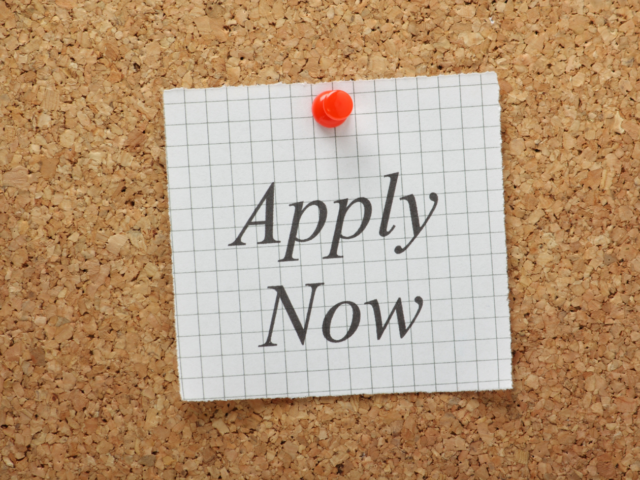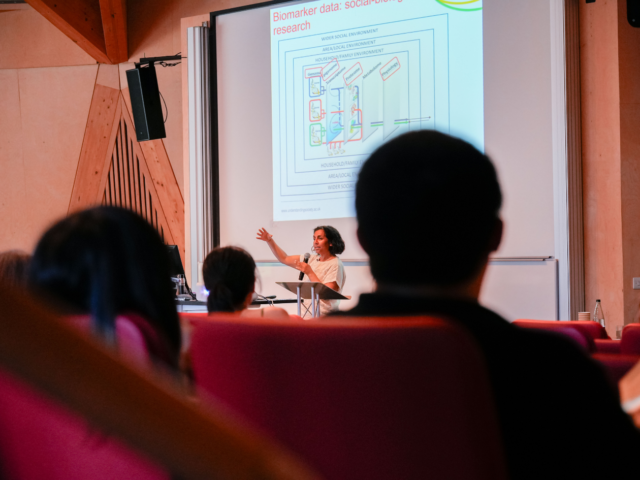The Understanding Society Fellowship programme enables researchers to take time out to focus on research projects based on the Study’s data. Funding is available for a 12-month Fellowship, with additional resources for follow-up dissemination and impact generating activities. Practical support is available from the Understanding Society team to advise on data and analysis plans, and communications and impact work.
Each Fellowship call focuses on specific themes. In this call we are inviting applications for Fellowships on:
- New and innovative kinds of data
- Innovative methods and approaches
New and innovative kinds of data
As well as traditional survey data, Understanding Society incudes a range of datasets of new or innovative data such as biological measures; linked administrative, organisation and geographic information, and data collected as part of experiments on the innovation panel. The latter are a hugely underexploited source of unique information. While the methods to collect them have resulted in valuable understanding of ways of collecting new kinds of data, the data themselves have rarely been investigated. Such data includes information on spending, data from wellbeing apps, coded data from Twitter, data collected in a spatial cognition app, and from children’s Redbooks to mention a few.
We are looking for applications that propose innovative and relevant research questions, using one of the novel datasets listed above.
Innovative methods and approaches
The richness of Understanding Society data presents many unique research opportunities. However, in this theme we would welcome fellowship applications that go beyond standard analyses to use novel analysis methods (this might be methods that have only rarely been used to address the research question, the transfer of methods from other disciplines, or development of new methods).
How to apply
People wishing to be considered for a Fellowship under this call should apply using the application form by 5pm on 19 March 2025.
Read the full call for Fellows for all the information about the programme and also the separate list of FAQs if you have any questions about the application process. You can download the application form here.
Biomarkers, genetics and epigeneticsFamily and householdsSurvey methodology



